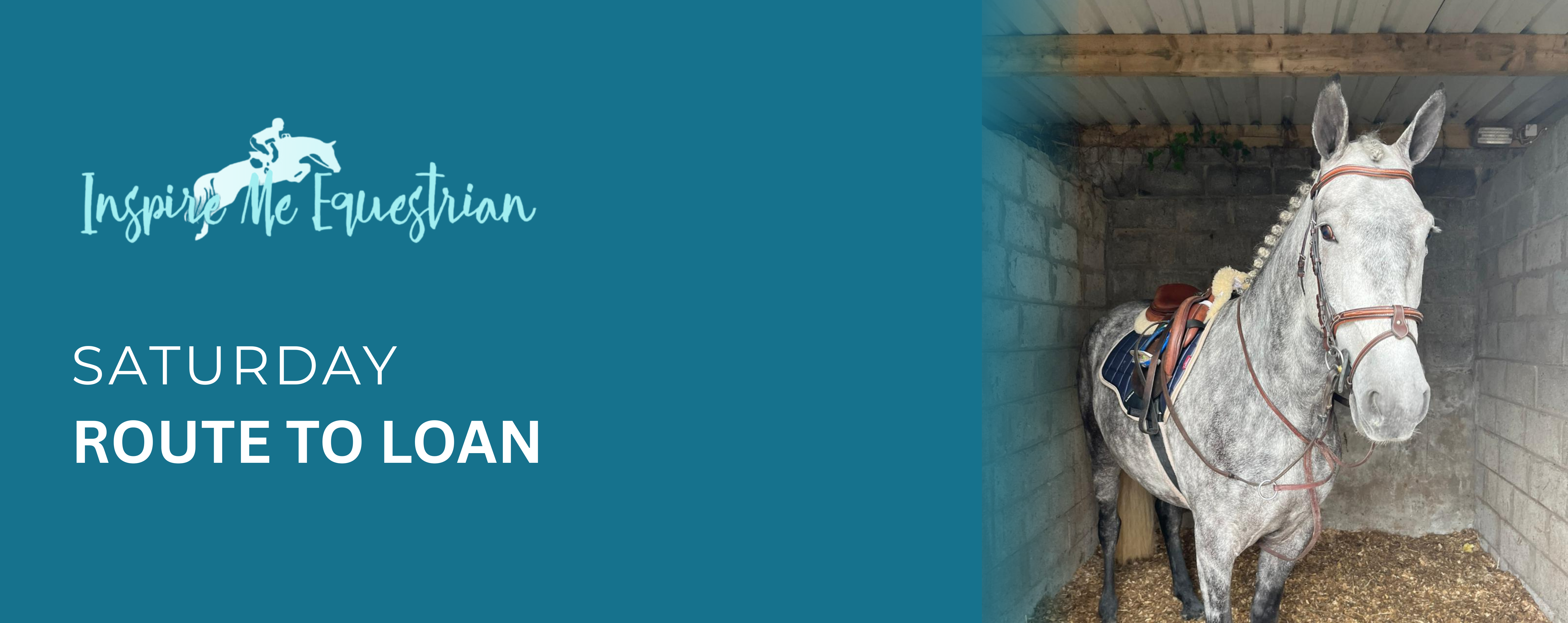

This introductory course teaches children and adults the essential skills needed to care for a pony safely and responsibly with minimal supervision. Through hands-on practical learning, young people gain confidence and a solid understanding of what is involved in looking after a loan pony.
Hay & Water
Learn how much hay a pony needs and how to provide it safely.
Ensure the pony has continuous access to clean, fresh water in both the stable and the field.
Mucking Out & Field Poo Picking
Winter: How to muck out a stable properly and refresh bedding.
Summer: How to poo-pick fields to maintain hygiene and reduce the risk of worm infestations.
Grooming Skills
Use the correct brushes and tools to keep a pony’s coat clean, healthy, and comfortable.
Spot early signs of injury, irritation, or unusual behaviour during grooming.
Daily Health Checks
Check for cuts, swelling, lameness, or changes in appetite or droppings.
Examine eyes, nose, and hooves for cleanliness and signs of concern.
Basic First Aid
Recognise minor issues such as small cuts or bruises.
Learn how to clean a minor wound and apply wound spray.
Understand when to seek help from a parent or member of staff.
Work safely and confidently around ponies.
Lead a pony to and from the field using a headcollar and lead rope, maintaining control and awareness.
Safety Awareness
Wear appropriate boots, gloves, and a helmet where needed.
Follow safe practices in the stable, yard, and field to protect both child and pony.
Observation & Communication
Recognise changes in a pony’s behaviour or wellbeing.
Report any concerns promptly to a parent or a staff member.
To ensure safe and consistent pony care, a parent or supervising adult must attend the course with their young person (under 18).
This is essential for anyone who intends to supervise the child during future loan days.
Adults attending the course will:
Learn the same care routines and safety procedures as the children
Understand the expectations and responsibilities of both adult and child when loaning a pony
Be better equipped to support their young person’s learning and care duties
Help ensure the pony is cared for consistently and safely outside of structured sessions
We have found that even after completing the course, children often need guidance. When supervising adults receive the same training, it leads to smoother communication, safer practices, and a better experience for everyone involved.
Completion of the course by both the child and supervising adult is required for anyone wishing to take on a pony or horse loan with us.
Visit Make a Booking on our website.
Select the start date 25th April.
Scroll to the bottom of the page to find Courses.
If your child is 6+ years old, the course will appear as an option.